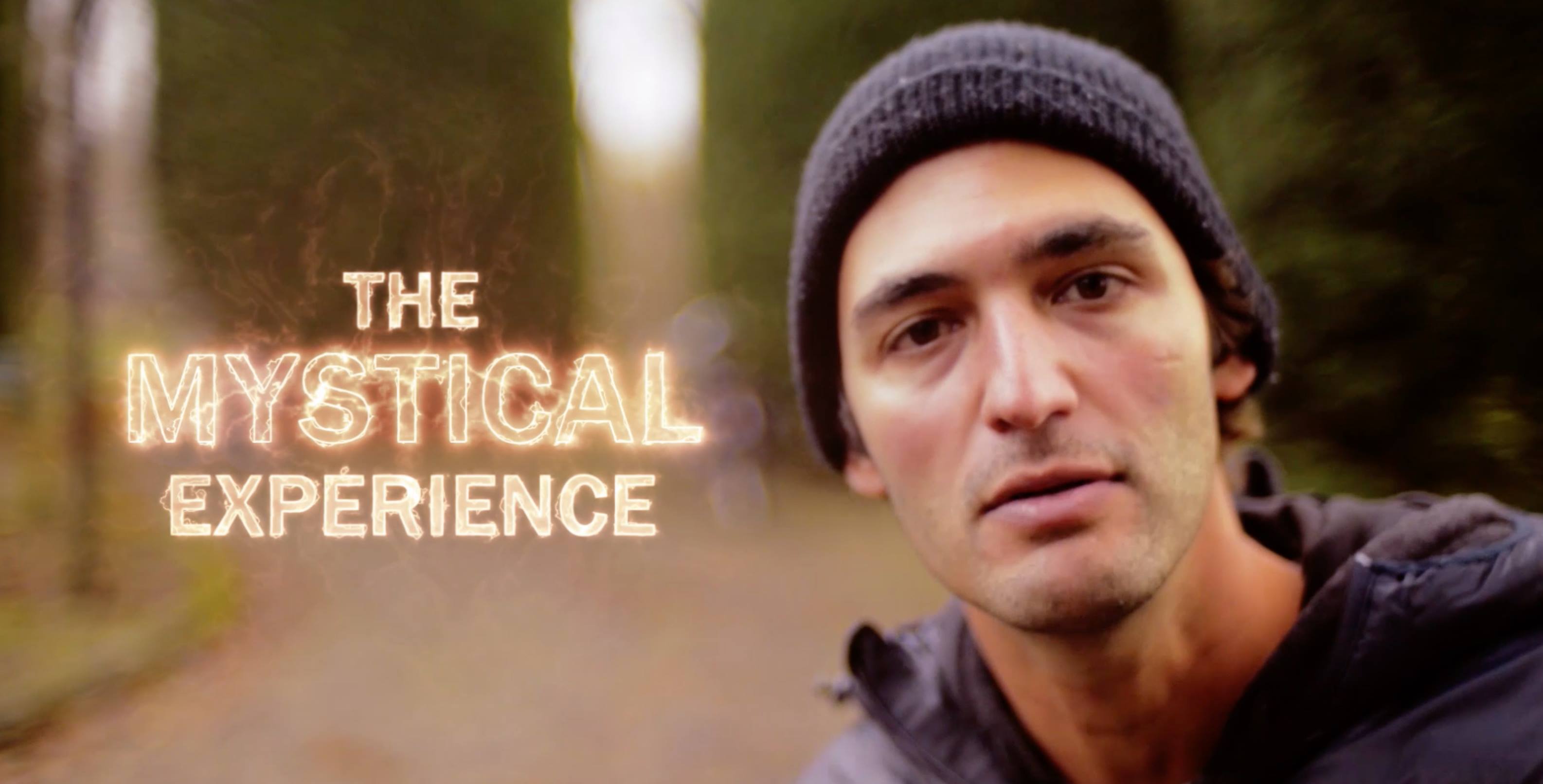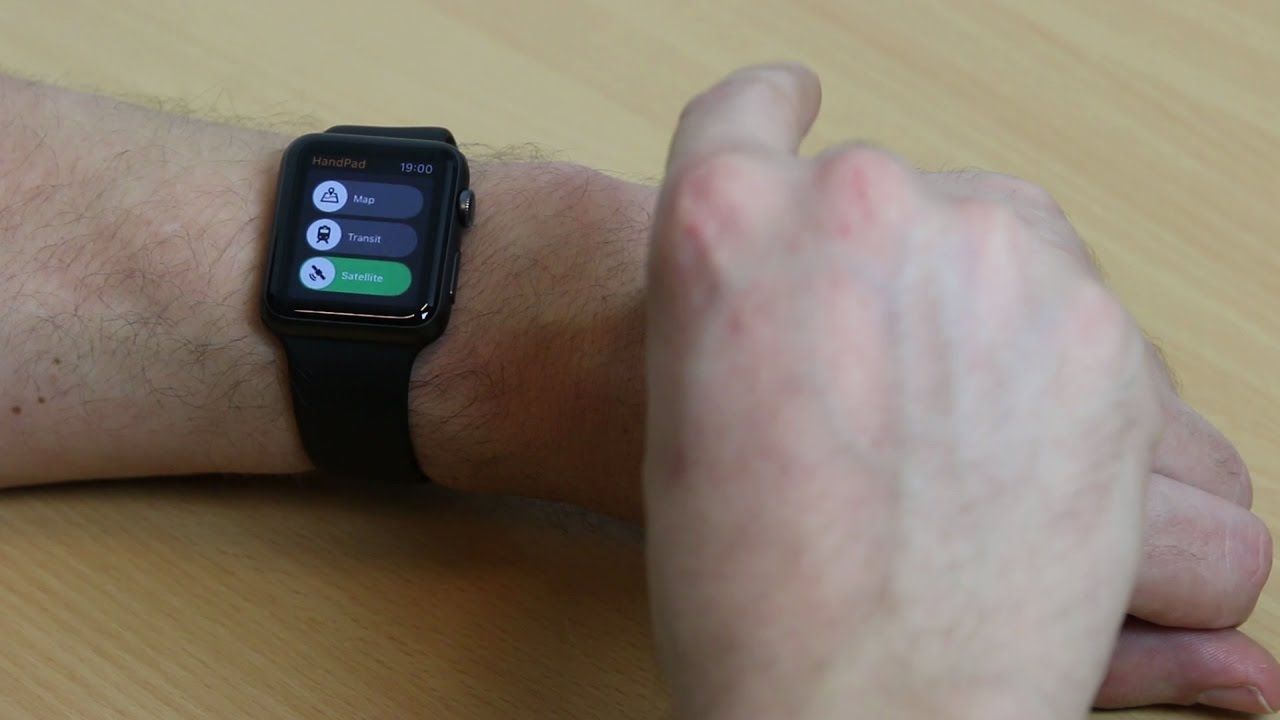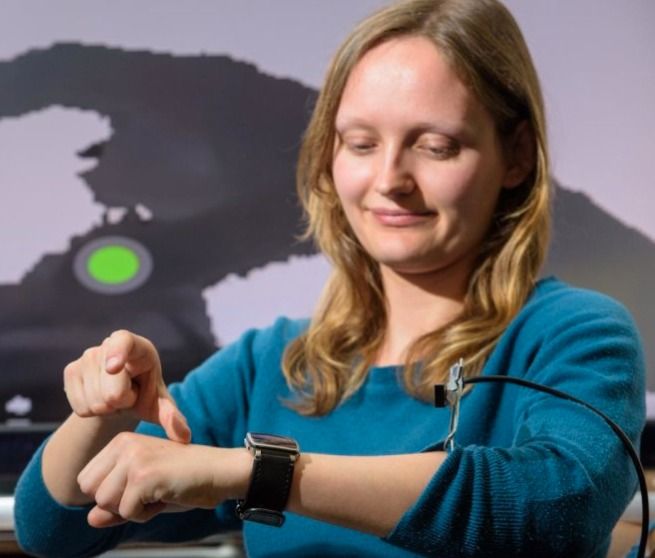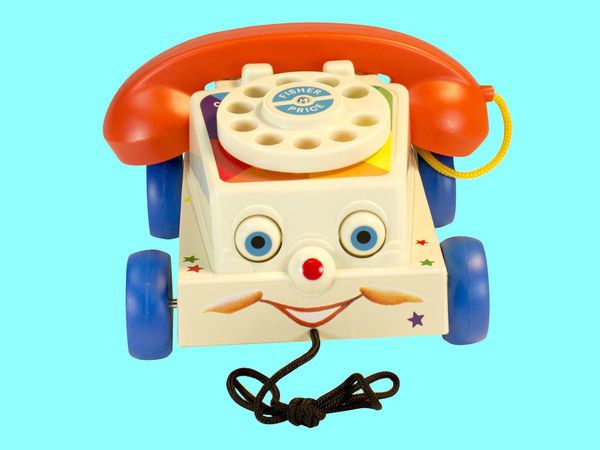Archive for the ‘media & arts’ category: Page 101
May 13, 2017
Best of MOOGFEST 2017
Posted by Zoltan Istvan in categories: media & arts, robotics/AI, transportation

I’m speaking at Moogfest at 4:30PM a week from today. Can’t Wait! KurzweilAI doing a write-up on the festival below (including a bit on my talk):
The Moogfest four-day festival in Durham, North Carolina next weekend (May 18 — 21) explores the future of technology, art, and music. Here are some of the sessions that may be especially interesting to KurzweilAI readers. Full #Moogfest2017 Program Lineup.
May 10, 2017
The Mystical Experience
Posted by Shailesh Prasad in categories: biotech/medical, media & arts

“Somewhere something incredible is waiting to be known” — Sagan.
IMPORTANT NEW VIDEO: Mystical experiences induced by psychedelics predict long term positive changes in attitudes, mood, behavior and spirituality in patients. A group of scientists at prestigious research institutions — NYU, Johns Hopkins, MAPS and the Imperial College of London — are conducting studies with psilocybin, MDMA and LSD — which seem to induce mystical-type experiences — to treat end-of-life distress, alcohol and drug addiction, and PTSD. This video explains the nature of The Mystical Experience. Edited by Omid Pakbin music by FluxSeeds / filmed by Jason Goodman, creator of Salt Stage / produced with Ben Jacobson.
May 10, 2017
Precision typing on a smartwatch with finger gestures
Posted by Shailesh Prasad in categories: augmented reality, media & arts, mobile phones, virtual reality, wearables


If you wear a smartwatch, you know how limiting it is to type it on or otherwise operate it. Now European researchers have developed an input method that uses a depth camera (similar to the Kinect game controller) to track fingertip touch and location on the back of the hand or in mid-air, allowing for precision control.
Continue reading “Precision typing on a smartwatch with finger gestures” »
Voice responses from Alexa are now enhanced with visuals and optimized for visibility across the room. Call or message your family and friends that also have an Echo or the Alexa App, get the news with a video flash briefing, see your Prime Photos, shop with your voice, see lyrics with Amazon Music, and more. All you have to do is ask.
Echo Show has eight microphones and beam-forming technology so it can hear you from across the room—even while music is playing. Echo Show is also an expertly tuned speaker that can fill any room with immersive audio powered by Dolby. When you want to use Echo Show, just say the wake word “Alexa” and Echo Show responds instantly.
Apr 17, 2017
Artificial Intelligence Might Put Musicians out of Work
Posted by Alireza Mokri in categories: media & arts, robotics/AI

Amper is a platform which enables anyone to make music with AI.
WEBSITE: http://futurism.com
FACEBOOK: https://www.facebook.com/futurism
TWITTER: https://twitter.com/futurism
INSTAGRAM: https://instagram.com/futurism
TUMBLR: http://futurismnews.tumblr.com/
Apr 10, 2017
Siri vs. Google Assistant: Pixar Artists Designing A Stronger Personality For The Latter: Report — By Rishabh Jain | International Business Times
Posted by Odette Bohr Dienel in categories: media & arts, robotics/AI

https://www.youtube.com/watch?v=w_DSWpzUSj8
“Google is set to give its artificial intelligence-based voice assistant, Google Assistant, a more robust personality.”
Tag: Google
Apr 10, 2017
Audio engineering is making call center robots more ‘human’ and less annoying
Posted by Shane Hinshaw in categories: business, engineering, information science, media & arts, robotics/AI
Audio engineering can make computerized customer support lines seem friendlier and more helpful.
Say you’re on the phone with a company and the automated virtual assistant needs a few seconds to “look up” your information. And then you hear it. The sound is unmistakable. It’s familiar. It’s the clickity-clack of a keyboard. You know it’s just a sound effect, but unlike hold music or a stream of company information, it’s not annoying. In fact, it’s kind of comforting.
Michael Norton and Ryan Buell of the Harvard Business School studied this idea —that customers appreciate knowing that work is being done on their behalf, even when the only “person” “working” is an algorithm. They call it the labor illusion.
Continue reading “Audio engineering is making call center robots more ‘human’ and less annoying” »
Apr 2, 2017
The Complete Works of William Shakespeare | MIT
Posted by Odette Bohr Dienel in category: media & arts
“This site has offered Shakespeare’s plays and poetry to the Internet community since 1993.”













